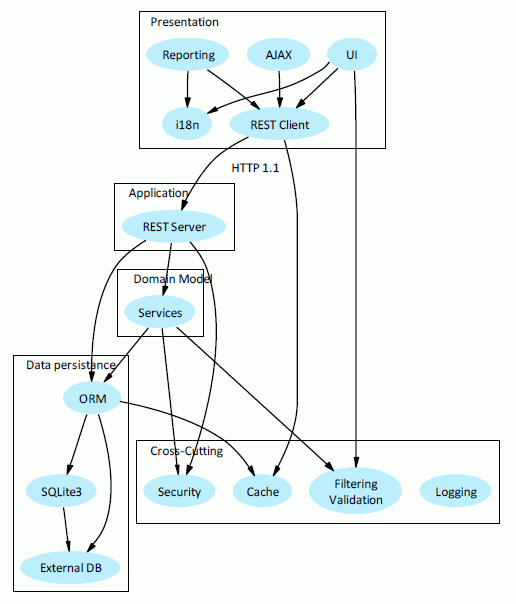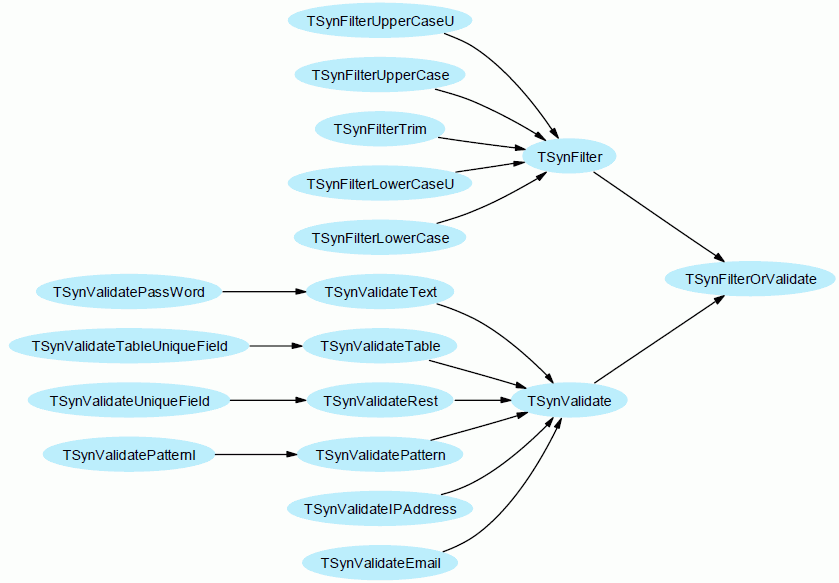Mustache is
a well-known logic-less template engine.
There is plenty of Open Source implementations around (including in JavaScript,
which can be very convenient for AJAX applications on client side, for
instance).
For mORMot, we created the first pure Delphi implementation of it,
with a perfect integration with other bricks of the framework.

In last part of this series of blog articles, we will introduce the
Mustache library included within mORMot source code
tree.
You can download this documentation
as one single pdf file.






